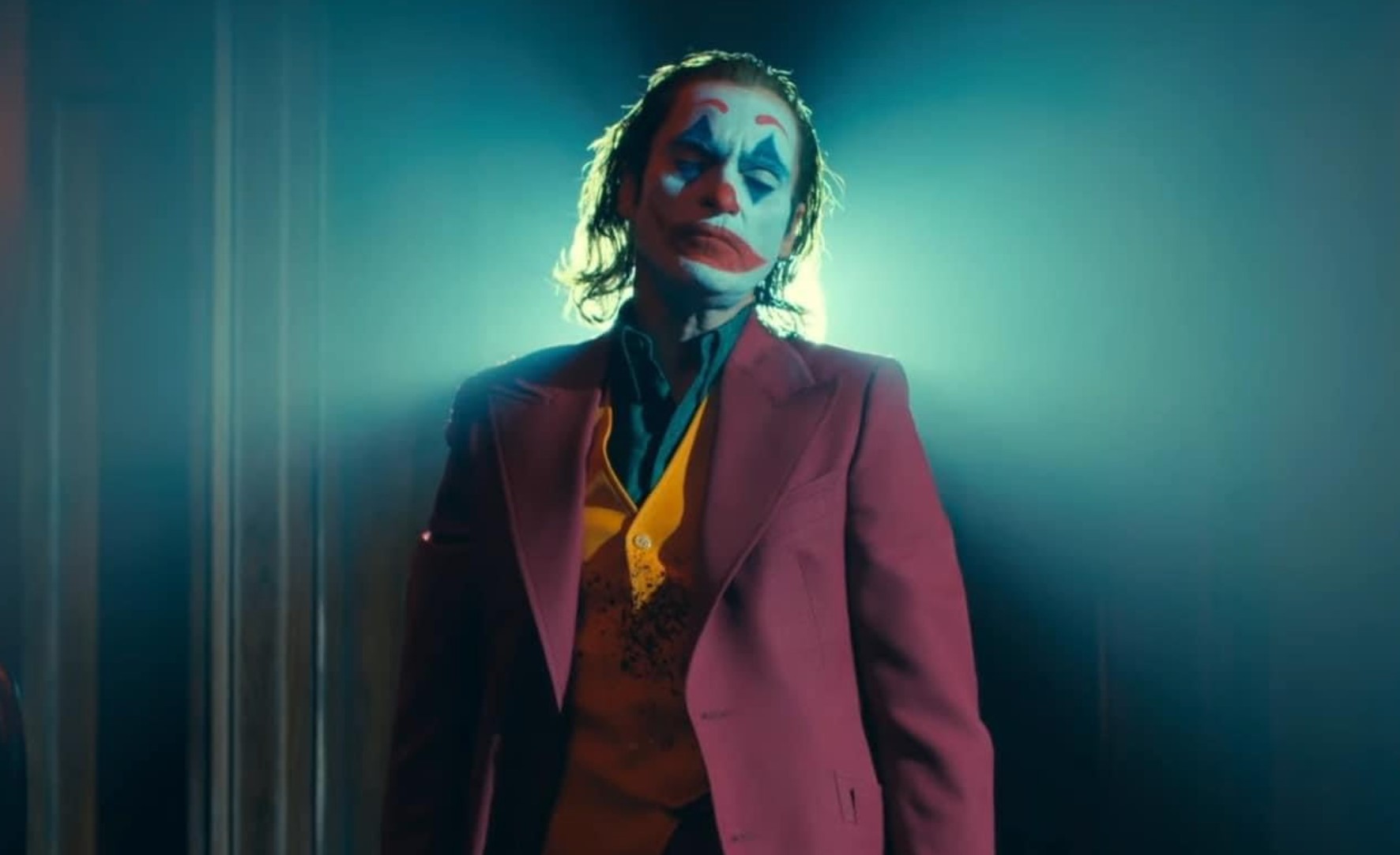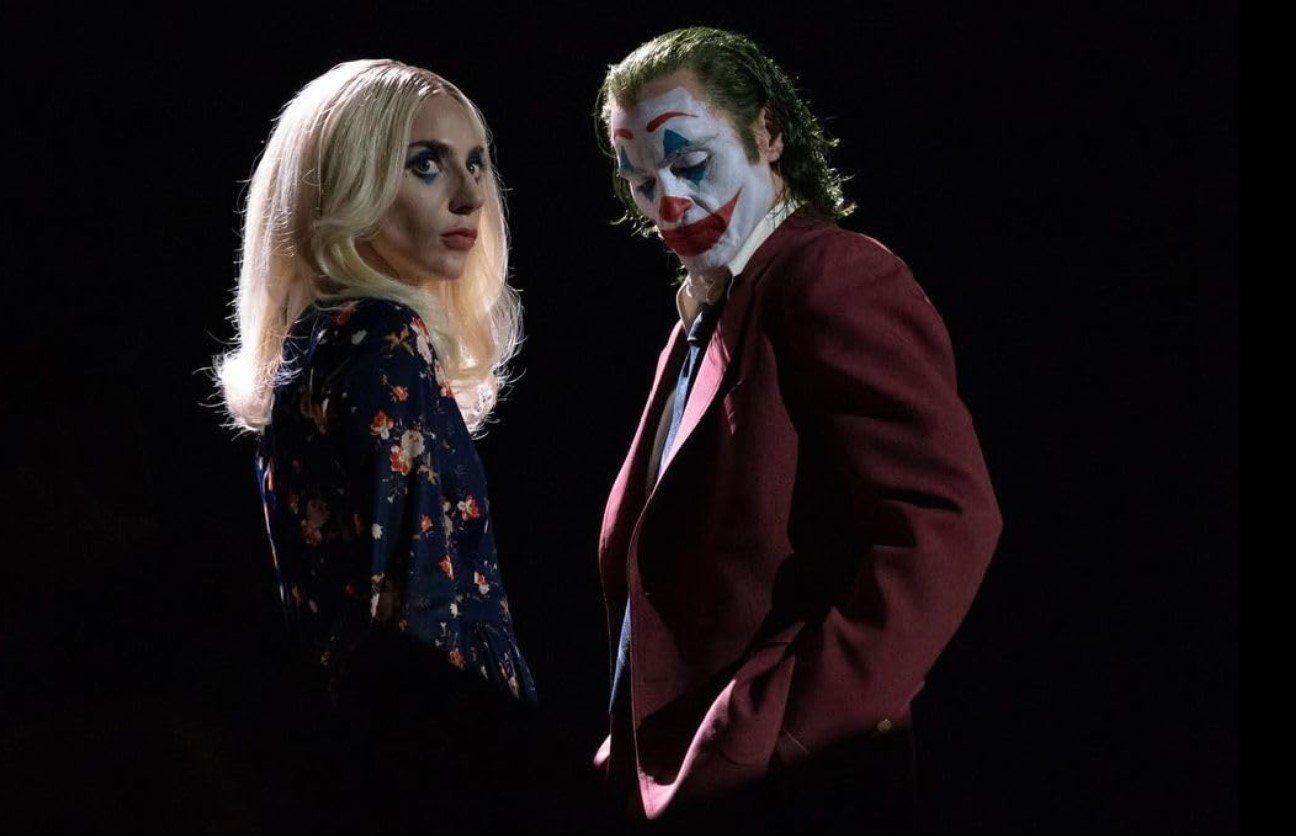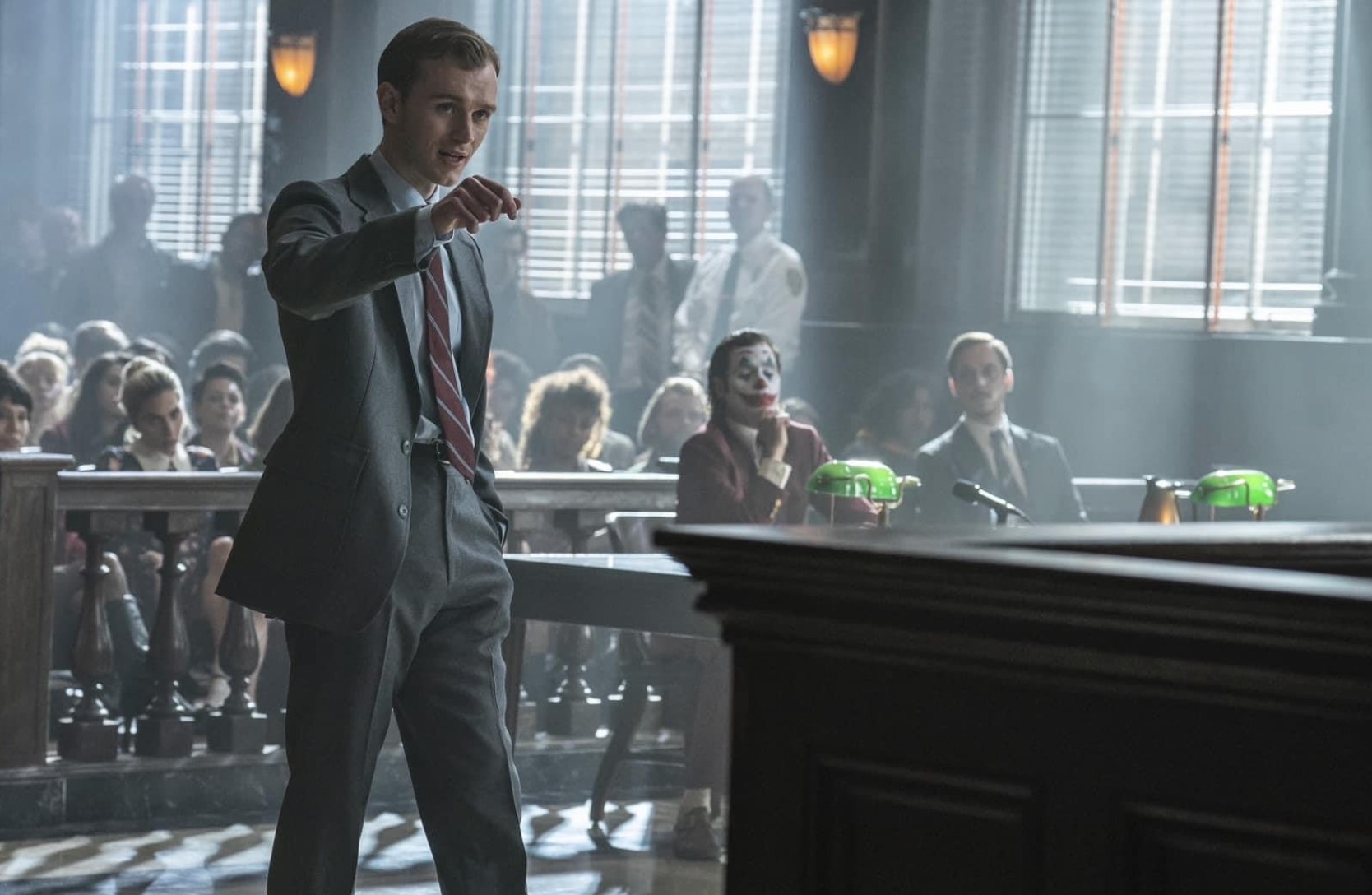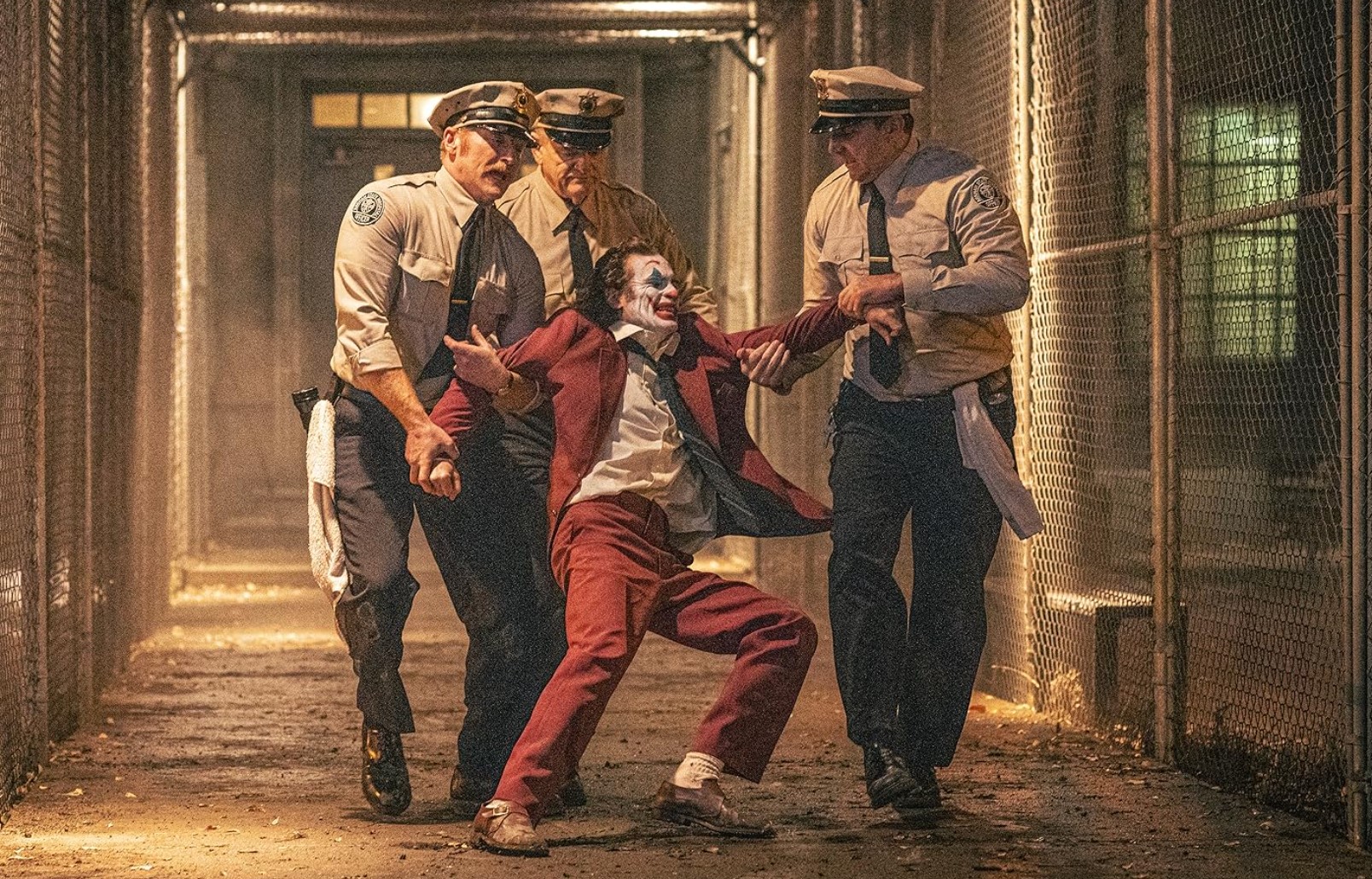Joker Folie a Deux Movie Review: The 2019 film Joker, directed by Todd Phillips, became one of the most successful R-rated movies ever made. It was a psychological crime drama wrapped around a supervillain origin story. Five years later, we have its sequel, Joker: Folie à Deux, which blends psychological crime drama, musical, love story, and courtroom drama, all while still being a supervillain origin story that, somehow, refuses to fully commit to one. The first Joker was clearly intended as a one-off, but its financial success ensured a sequel. Money drives many creative decisions in cinema, and this sequel feels cash-driven, yet there’s a sense of angst about that very fact. You could say Joker: Folie à Deux is Todd Phillips’ Matrix Resurrections—though it’s less meta, less terrible, and still showcases a stellar performance from Joaquin Phoenix. ‘Joker - Folie a Deux’ Premiere: Lady Gaga Dazzles in Glam Look Alongside Michael Polansky at London Event!
After the events of the previous film, Arthur Fleck (Phoenix) is incarcerated in Arkham Asylum (just namesake... it's too grounded to lose its persona), where he is abused and mocked by the guards, particularly Jackie Sullivan (Brendan Gleeson). His lawyer, Maryanne Stewart (Catherine Keener), is working on an insanity plea, attempting to show that Arthur suffers from a split personality disorder, with the Joker being the psychopathic side responsible for the murders. The state’s attorney, Harvey Dent (Harry Lawtey), argues that Arthur was sane during the killings and seeks the death penalty.
Watch the Trailer of 'Joker Folie a Deux':
Meanwhile, Arthur meets Harley (Lady Gaga), a fellow inmate at Arkham who attends his music therapy class. Harley is a fan of his Joker persona, and they quickly strike up a romance, furthered through musical numbers. Harley encourages Arthur to embrace the Joker side of himself while his lawyer tries, rather confusingly, to suppress it—even though such a persona might support their case. As the trial progresses, Arthur must choose which path to follow.
'Joker Folie a Deux' Movie Review - A Confused Character Development
At the end of the original Joker, Arthur’s murder of Murray Franklin (Robert De Niro) sparks a revolution in Gotham, with frustrated and unemployed youths adopting Joker as their symbol. This moment seemed to mark Arthur’s full acceptance of his Joker persona. However, Joker: Folie à Deux reveals that Arthur remains the sad, broken man he always was, again faced with the dilemma of whether or not to fully embrace his Joker identity.

Just as we experienced Arthur’s abuse at the hands of his mother and others in the first film, we see similar themes here, along with a verbal recap of past events. Harley’s arrival reignites the Joker persona, though she herself remains a mystery to Arthur. The film keeps reminding us that Arthur Fleck's projection of Joker is the mistreatment of him by Gotham itself, which houses some of the worst of citizens around (look at some sniggering when a vertically challenged person walks into the courtroom), where the guards are worse than the inmates of an asylum for criminally inclined. Yet there is a sense of deja vu that refuses to turn into something more concrete. Why make a Joker movie that refuses to embrace that aspect fully?
'Joker Folie a Deux' Movie Review - The Musical Portions That Felt Mixed Bag
An intriguing aspect of Joker: Folie à Deux is its musical component. The musical sequences not only reflect Fleck’s delusions but also bleed into real life, with Arthur and Harley singing to each other. Initially, I found this to be a clever gimmick that helped develop their relationship. I particularly loved their first musical number, after Harley burns down the projection room. The songs are beautifully staged, helped by the top notch set designs and wonderful camerawork by Lawrence Sher, while they also visually capture Joker’s fractured psyche.

However, there comes a point when Arthur tells Harley he can’t sing anymore. I wish he had said it sooner. While the musical element evolves beyond being a quirky sequel gimmick, it frequently disrupts the narrative, especially when it interrupts scenes with growing tension, such as the courtroom drama. The film’s best moment is when Joker cross-examines Gary (Leigh Gill), an old acquaintance, in court. Joker feels betrayed, while Gary is traumatised by the loss of the one person who didn’t mock him. The scene is brilliantly acted by both performers, making you wish for more such moments. Unfortunately, another song makes up for the interval.

Given that the film is already overlong, the musical sequences feel like fillers. This time could have been better spent on developing underused characters like Fleck’s lawyer (Keener feels particularly underutilised), or even Harley herself.
'Joker Folie a Deux' Movie Review - A Disappointing Final Act
The film’s final act is perhaps its biggest letdown. It takes strange turns and forces rushed character developments that undermine the careful build-up of two films. The hesitation of the filmmaker is most evident here, as Phillips seems unwilling to fully transform his protagonist into a villain, preferring instead to reinforce the bleakness of his existence—a sentiment we are already well aware of. The underwhelming final scene feels like the director’s own rebellion against making this sequel. ‘Joker: Folie À Deux’ Review: Critics Unimpressed With Joaquin Phoenix- Lady Gaga’s DC Film, Call It ‘Disappointing’.

What keeps this shaky sequel afloat are the performances of its two leads. Phoenix may have returned for a payday, but he doesn’t let it show in his performance. As the film jumps genres, he masterfully adapts his portrayal of Joker, exploring how each genre affects the character. Meanwhile, though we never fully understand Harley, Gaga is superb as the obsessed fangirl who uses her devotion as motivation. However, it’s perhaps her casting as a singer that’s responsible for the overwhelming number of songs.
'Joker Folie a Deux' Movie Review - Final Thoughts
Joker: Folie à Deux is imperfect, indulgent, and, like its protagonist, constantly wrestling with itself - perhaps that’s exactly what makes it so fascinating and yet so frustrating to watch. The musical elements, while bold, ultimately detract from the more compelling dramatic moments, leaving the narrative uneven and even disjointed at times. Like the lead character, even the movie suffers from a personality crisis. Still, the strength of Joaquin Phoenix and Lady Gaga's performances carries the film through its messier parts.
(The above story first appeared on LatestLY on Oct 02, 2024 02:35 PM IST. For more news and updates on politics, world, sports, entertainment and lifestyle, log on to our website latestly.com).













 Quickly
Quickly





















